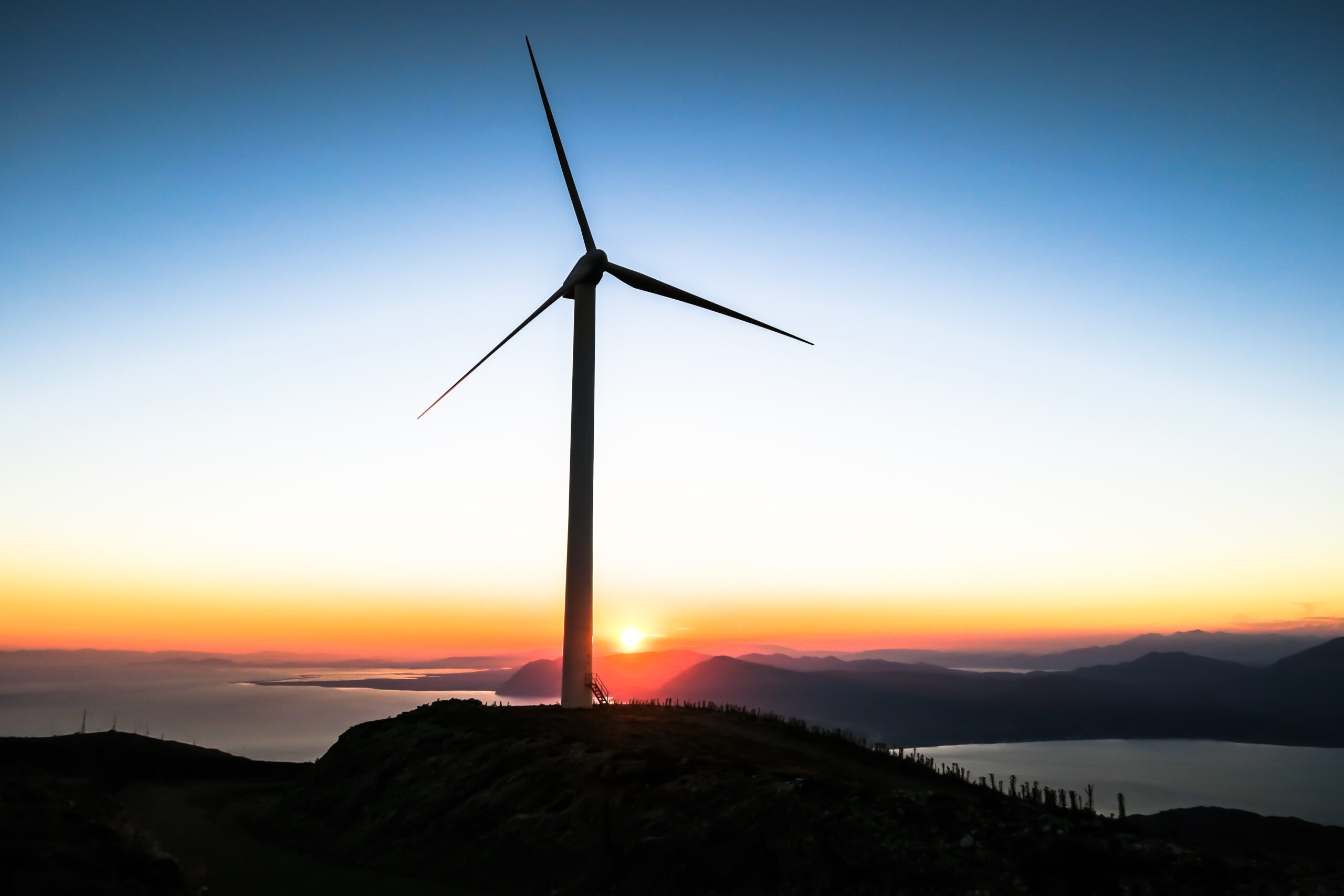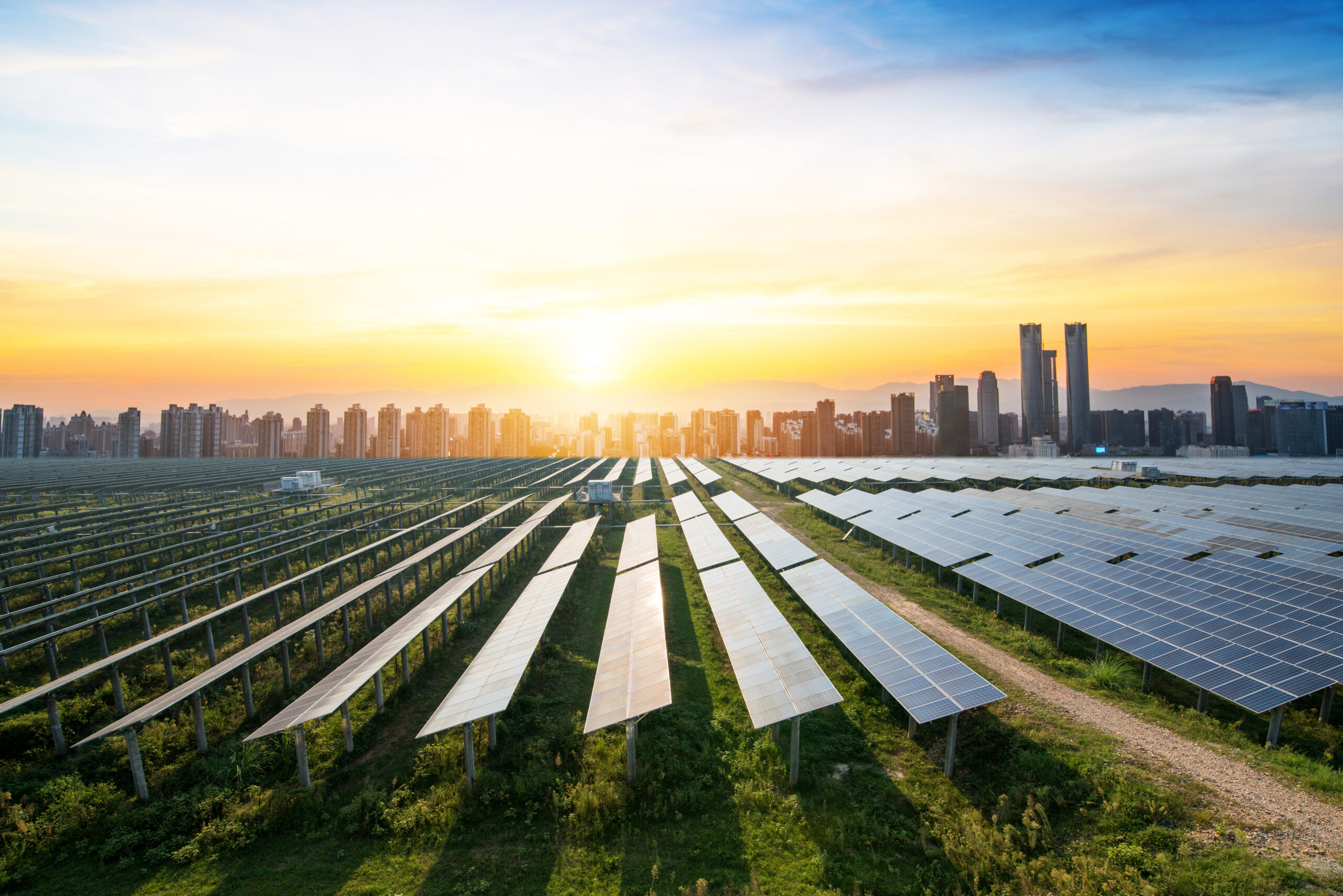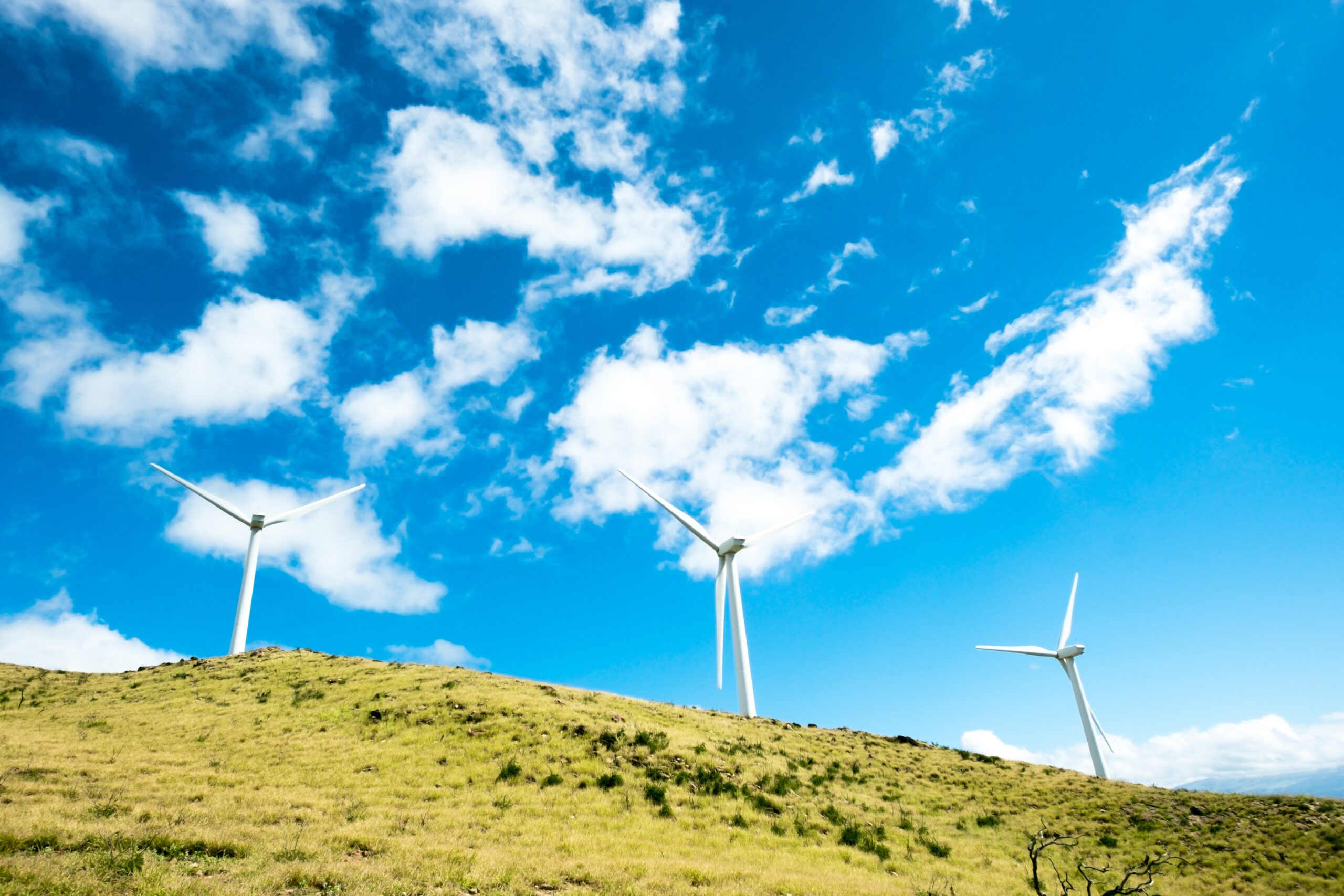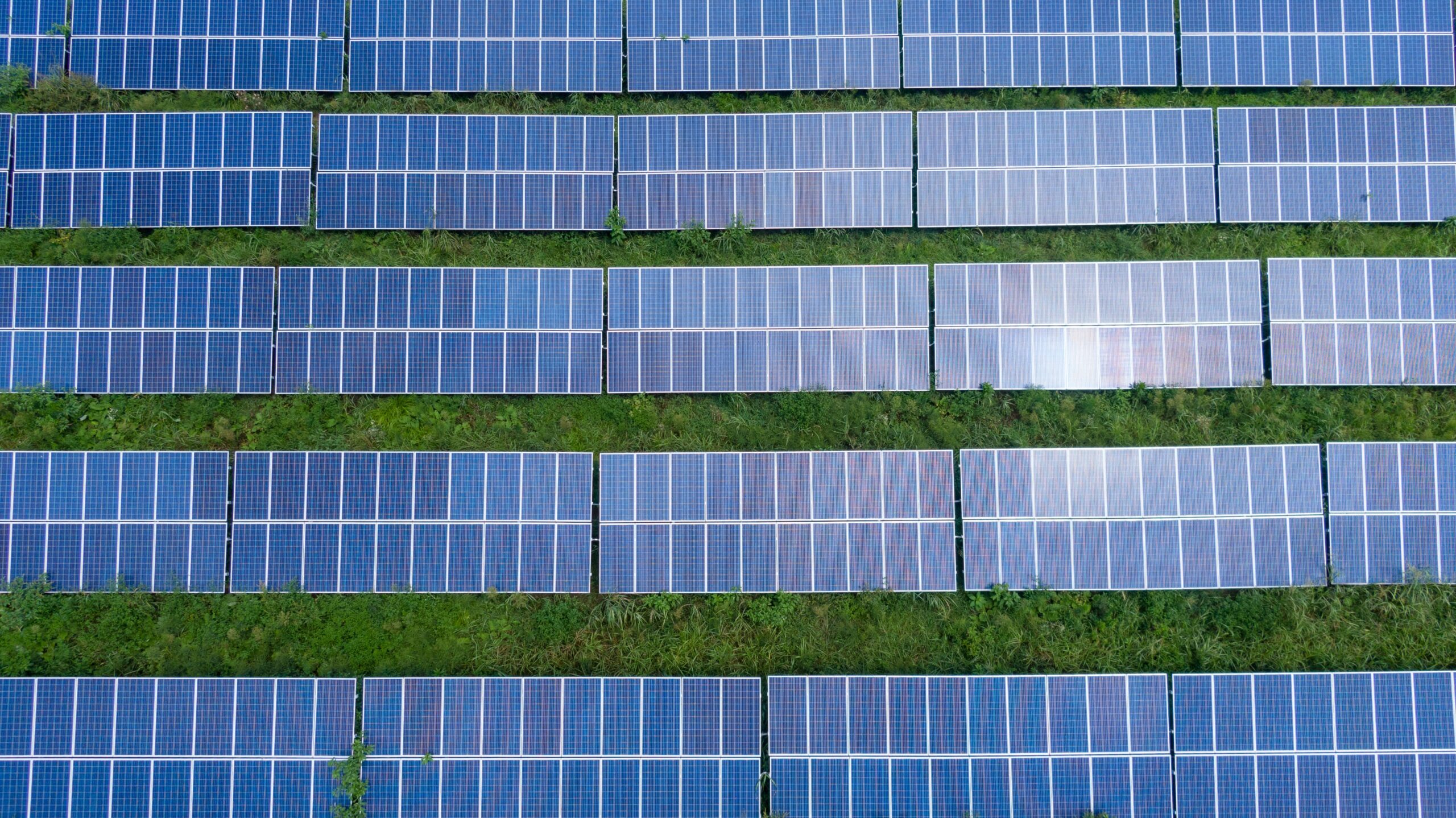Energy & climate
We support the EU’s ambition to make Europe the first climate-neutral continent. The adoption and implementation of strong EU policy and legislation is essential. A big step has been taken with the adoption of the Clean Energy Package that supports better integration of distributed renewable energy and energy efficient solutions, followed by the REPowerEU package. Energy infrastructure plays a leading role in achieving the goal of making Europe the first climate-neutral continent. A better energy system needs better grid infrastructure too and therefore concrete actions, including new and updated network codes, are needed to ensure the future-preparedness of the network.

Investments
Europe needs a modern, affordable, and digital energy system if it wishes to become the world’s first carbon-neutral continent. The electricity grid infrastructure is at the centre of the energy system and we therefore need to ensure that it is future-proof: robust, smart, and ready to adapt to new business models and green solutions. It is Europe’s common interest to make it happen. Securing energy supply, achieving climate-neutrality, and guaranteeing competitiveness and economic efficiency will not be achieved without the necessary investments in Europe’s electricity network, from transmission to distribution and microgrids. Grid investments are for the long-term and should therefore also be considered as such. Rather than focusing on short-term return on investment parameters, it should consider the cost of an electricity network that is not future-proof. The Electricity Market Design and the EU Taxonomy play a key role in providing clear, long-term investment signals.

Sustainability
We believe that environmental responsibility and economic progress go hand in hand. Concerning electrical transmission and distribution equipment, it is important to consider the high priority of durability and reliability of this equipment installed in Europe’s electricity networks. The supply of electricity is an important backbone of society and economy, and part of the critical infrastructure. Circular Economy and Ecodesign are core pillars, which, if well designed and part of a connected and coherent policy approach, will contribute towards the sustainable jobs and growth as well as European technology leadership.

Digitalisation
The digitalisation of Europe’s transmission and distribution network is necessary for the integration of more renewables and the connection of a rapidly growing number of electric vehicles, heat pumps and the electrification of industry. In practice, this means investing in available digital solutions, such as monitoring and control systems, as well as in microgrids solutions that are needed to allow demand responding to increasingly variable generation patterns. In this regard, establishing the right market instrument to reward flexibility will be key to ensure the appropriate fit between investment and energy optimisation. The Digitalisation of Energy Action Plan, the EU Data Act, EU Cybersecurity Act and Energy Data Spaces, together with smart grid indicators, are need to enable a more digitalised energy system.

Net-Zero Industry
Europe probably has the best and at the same time most intricate electricity system in the world, managed by very experienced transmission and distribution system operators. In addition to this, Europe is also home to a strong clean energy eco-system that can deliver on Europe’s needs. For transmission and distribution of electricity, Europe is home to a world-leading grid technology sector, providing conventional, digital and innovative solutions for a future-proof electricity network that is more and more decentralised and more and more digital. The strength of the sector lies in the combination of large, multinational corporations and a large variety of specialised SMEs. Together they form a strong industrial base in Europe, which needs to be preserved and strengthened. The Green Deal Industrial Plan and the Net Zero Industry Act recognise grid technologies as strategic net-zero technologies and the importance of the transmission and distribution industry for Europe’s resilience and sovereignty, while also maintaining its role as a strong global industrial player.

